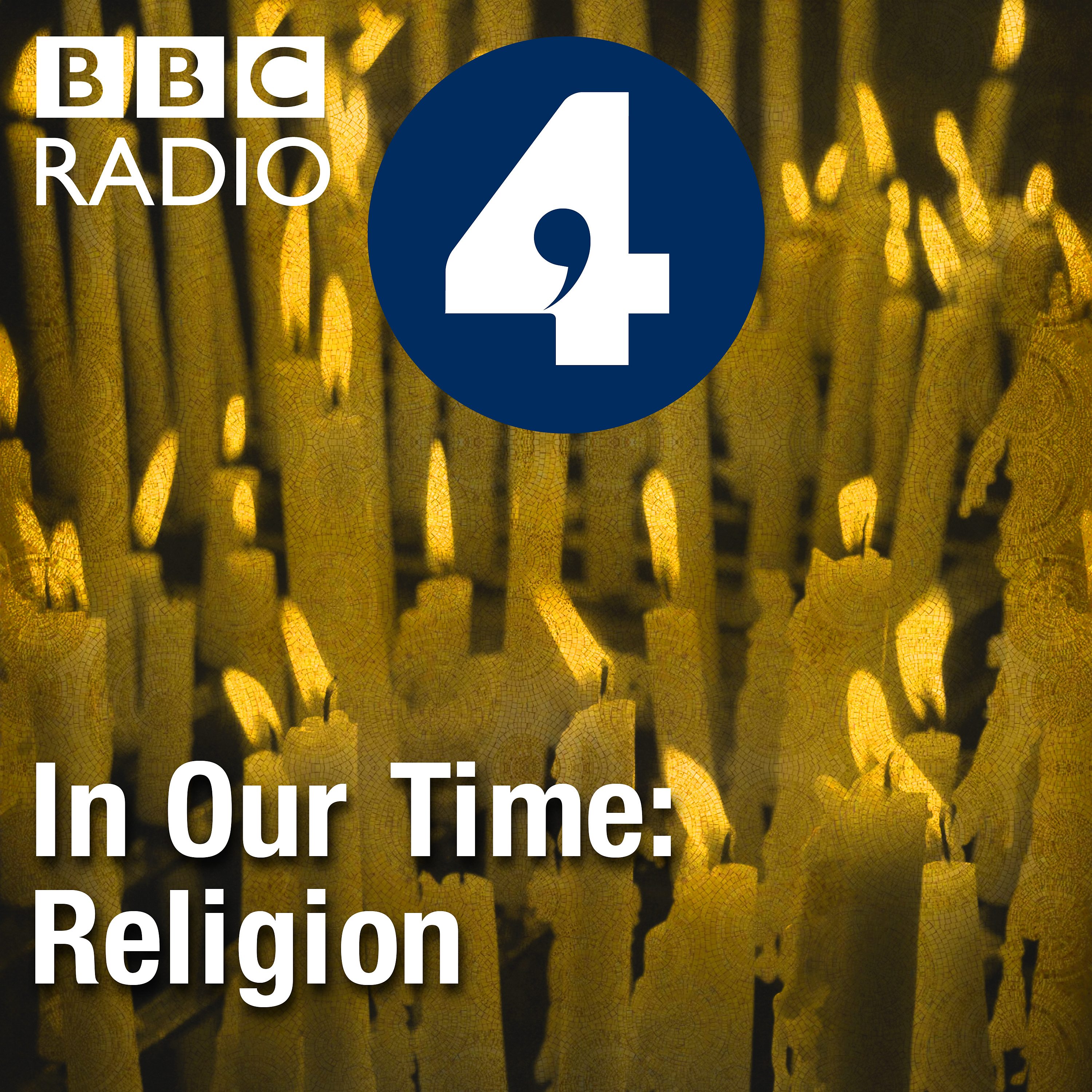Karl Barth
Description
Melvyn Bragg and guests discuss one of the most influential theologians of the twentieth century. Karl Barth (1886 - 1968) rejected the liberal theology of his time which, he argued, used the Bible and religion to help humans understand themselves rather than prepare them to open themselves to divine revelation. Barth's aim was to put God and especially Christ at the centre of Christianity. He was alarmed by what he saw as the dangers in a natural theology where God might be found in a rainbow or an opera by Wagner; for if you were open to finding God in German culture, you could also be open to accepting Hitler as God’s gift as many Germans did. Barth openly refused to accept Hitler's role in the Church in the 1930s on these theological grounds as well as moral, for which he was forced to leave Germany for his native Switzerland.
With
Stephen Plant
Dean and Runcie Fellow at Trinity Hall, University of Cambridge
Christiane Tietz
Professor for Systematic Theology at the University of Zurich
And
Tom Greggs
Marischal Professor of Divinity at the University of Aberdeen
Producer: Simon Tillotson
Reading list:
Karl Barth, God Here and Now (Routledge, 2003)
Karl Barth (trans. G. T. Thomson), Dogmatics in Outline (SCM Press, 1966)
Eberhard Busch (trans. John Bowden), Karl Barth: His Life from Letters and Autobiographical Texts (Grand Rapids, 1994)
George Hunsinger, How to Read Karl Barth: The Shape of His Theology (Oxford University Press, 1993)
Joseph L. Mangina, Karl Barth: Theologian of Christian Witness (Routledge, 2004)
Paul T. Nimmo, Karl Barth: A Guide for the Perplexed (Bloomsbury, 2013)
Christiane Tietz, Karl Barth: A Life in Conflict (Oxford University Press, 2021)
John Webster, Karl Barth: Outstanding Christian Thinkers (Continuum, 2004)
More Episodes
Melvyn Bragg and guests discuss the last pagan ruler of the Roman Empire. Fifty years after Constantine the Great converted to Christianity and introduced a policy of tolerating the faith across the empire, Julian (c.331 - 363 AD) aimed to promote paganism instead, branding Constantine the worst...
Published 04/18/24
Published 04/18/24
Melvyn Bragg and guests discuss the anchoress and mystic who, in the late fourteenth century, wrote about her visions of Christ suffering, in a work since known as Revelations of Divine Love. She is probably the first named woman writer in English, even if questions about her name and life...
Published 11/16/23


